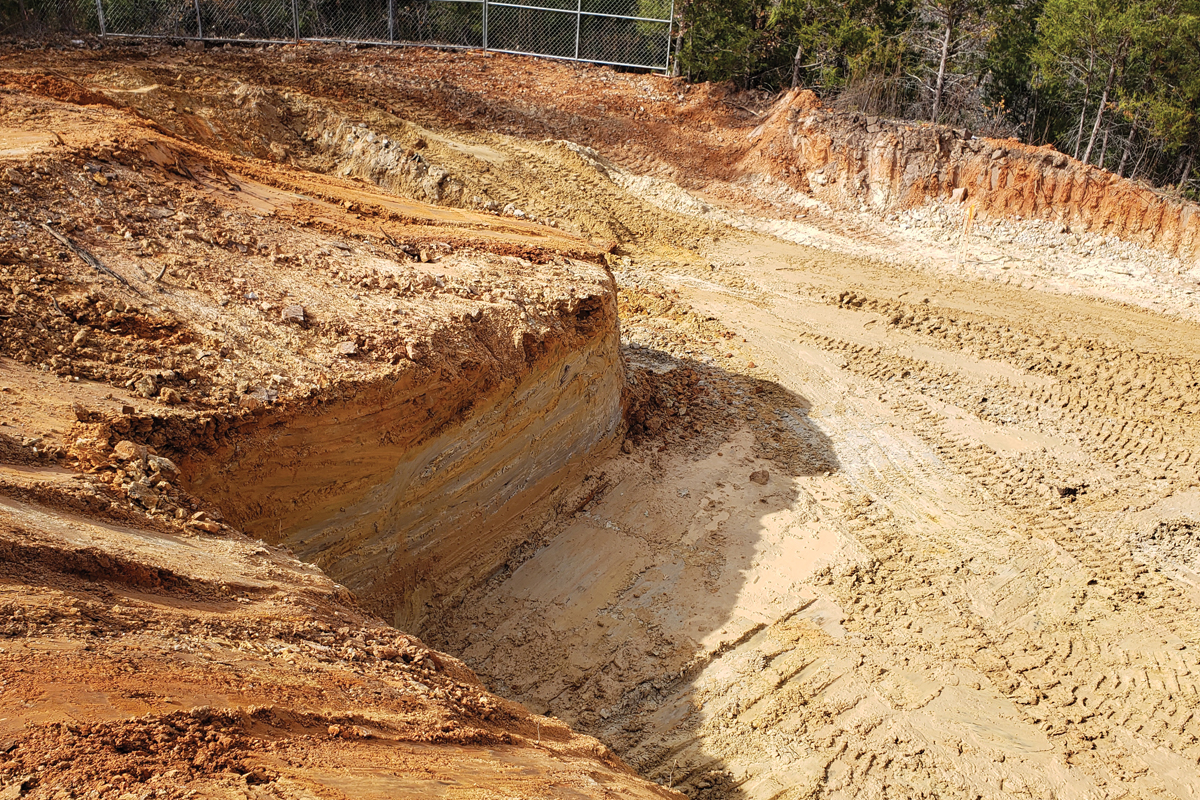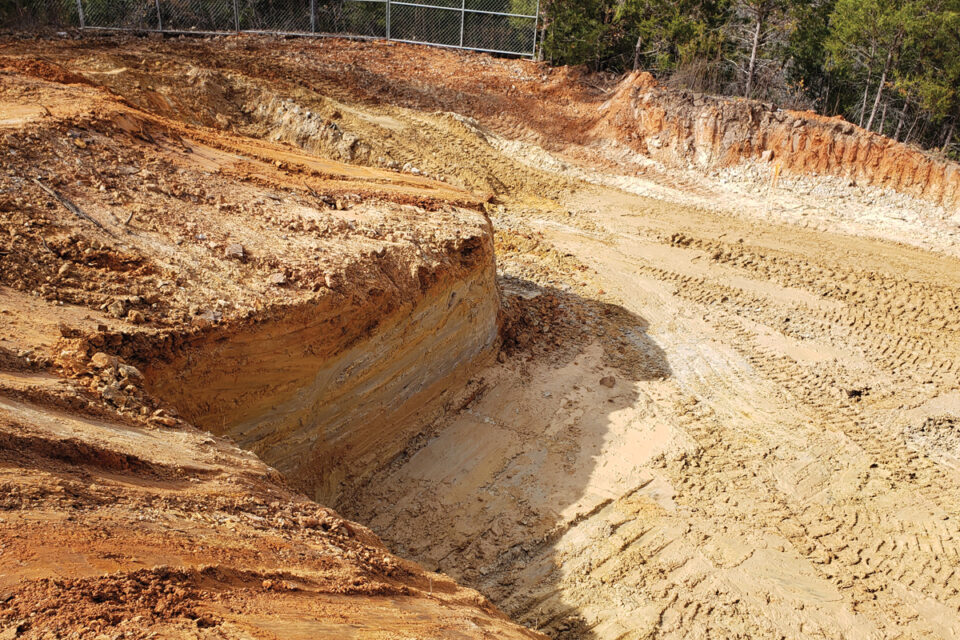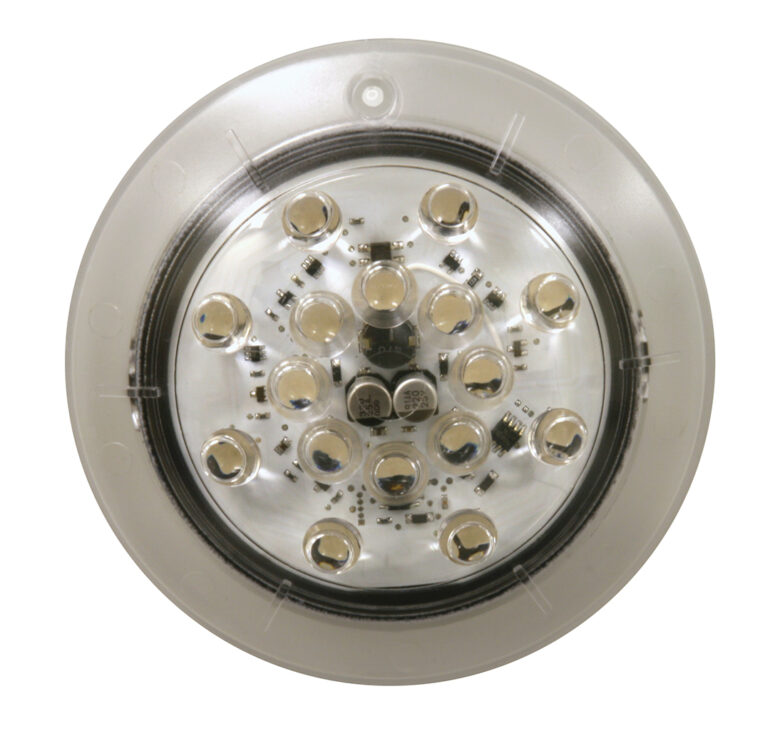When No One is Looking

Many municipalities across the country fail to enforce code compliance for water shape projects, but that doesn’t mean pool builders can ignore code requirements. “Just because you didn’t get caught doesn’t mean you didn’t break the law,” says Rick Chafey, co-owner of Red Rock Contractors and Red Rock Pools and Spas in Chandler, Arizona. “Liability still falls to the builder in regard to all national codes, regardless of whether there are local codes being enforced.”
Chafey says residential pools seem to fall through a crack and get little oversight in many markets. He is often called as an expert to inspect pool projects once there is a problem. Too often when he asks why a code was ignored, he hears, “Well, the city doesn’t enforce that, so we don’t have to do it.”
“There’s no simple checklist in city offices that gives you a plan to follow,” he says, “and some code requirements are often hidden inside other code requirements.” If a municipal inspector misses something and passes a sub-par project, it is still the contractor’s responsibility if things go wrong with the pool later. Local inspectors are not required or expected to know everything about swimming pool codes. “I’ve never seen a municipality get held in that liable spot,” Chafey says. “They are just there for oversight.”
When codes are not properly followed, what might seem like a minor issue at first may quickly stack up to dozens of violations upon further inspection. This could ultimately lead to being forced to tear out and rebuild an entire project. Chafey says many companies could not handle that kind of financial blow and could go bankrupt because of failure to comply with codes that should never be ignored, especially if the errors are found on a higher-cost project. Mistakes like that can run into the hundreds of thousands or millions of dollars.
So how are you supposed to make sure everything is done correctly and possibly shift some of this risk away from yourself?
Paolo Benedetti, president of Aquatic Technology Pool and Spa in Morgan Hill, California, says to bring in experts. These can include quality-control laboratories, specialized inspectors, structural engineers, soils engineers, geologists, hydraulics engineers and others to assist and inspect phases of the project as needed. By doing so, some risk shifts to these experts when they approve a certain aspect of the project.
“It’s important to make sure these entities have Errors and Omissions insurance coverage before using them,” Benedetti says. “Many mail-order pool engineering firms don’t possess such insurance.”
In an Ask the Masters podcast (Episode #25) that Chafey and Benedetti host, they acknowledge that one of the hardest things a builder may encounter when working in areas with no true licensing boards or permitting requirements is other pool builders selling cheaper jobs due to no oversight.
However, this is no excuse for cutting corners to decrease costs. “Pool builders think, ‘Well, I can’t afford that [inspection],’ ” Chafey says. “But the builder shouldn’t be paying for it. It should be part of the cost structure of the project.”

Benedetti says builders may also encounter resistance when trying to enforce obscure code requirements subcontractors aren’t used to following. “This comes down to planning,” he says. “If you have written specifications, and you have a written scope of work for your subcontractors [from the start] as to what’s expected of them and what they are going to be doing, then there is no pushback.”
Pool professionals who build outside minimum standards are not just hurting themselves but the whole industry. “If everyone is doing it right, it will create a more competitive market overall, minimizing cost disparities between pool builders,” Chafey says.
One of the most overlooked code requirements Chafey and Benedetti see is concrete strength. In their experience, the American Concrete Institute codes most often violated include ACI318 and ACI506, which give specifications for the strength and durability of structural concrete and shotcrete used in pool construction.
“The argument often becomes, ‘The engineer said it only has to be 2,500 PSI on his plans,’ ” Chafey says. “Structurally that is accurate; however, as a pool builder, you’re required to also follow the ACI because it’s referred to in the building code, and that requires a minimum of 4,000 PSI, and you need an inspector there every day of doing shotcrete.”
Chafey says many pool builders inadvertently overlook this requirement because they don’t understand it, but regardless of added costs and inspections, it legally must be done to meet ACI durability requirements or it is a liability.
Other code violations Chafey and Benedetti see consistently include water bonding, proper drain grates and drain sumps, pipe velocity and water velocity inside the pipes and National Electrical Code issues. All of these affect the safety and durability of the pool. “The consequences of overlooking these may include structural failure, litigation, lost client faith, personal injury or death,” Benedetti says. “Get educated and know the codes and standards.”
To stay competitive and sell higher-cost jobs, Chafey says the best sales tool is educating the client on why your price is more expensive. Explain your company’s refusal to compete with a lower price if it will compromise the pool’s quality. Tell them what extra things will be done to protect their investment long-term. Emphasize how third-party inspections keep pool builders honest as a contractor. These things give the client peace of mind and show your expertise as a builder.
There are reputable resources to help pool builders learn about code requirements: The Watershape University, Genesis University and Pool and Hot Tub Alliance offer resources and educational opportunities. Many of the code enforcement agencies have websites, and hard copies of codes can be ordered to keep on hand. Chafey and Benedetti are all about sharing their years of experience, too, on Ask the Masters podcast as well as in the Ask the Masters Facebook group, they invite anyone in the industry to join, because they believe in the value of helping fellow pool builders raise the bar for quality and competitiveness across the board. They know it’s important, even when no one is looking.
Codes Pool Professionals Need to Know
- IBC – International Building Code
- IRC – International Residential Code
- IPC – International Plumbing Code
- IMC – International Mechanical Code
- NEC – National Electrical Code
- IFGC – International Fuel Gas Code
- ISPSC – International Swimming Pool and Spa Code
- UPC – Uniform Plumbing Code
- ACI318 – American Concrete Institute Building Code for Structural Concrete
- ACI506 – American Concrete Institute Shotcrete Specifications
- VGB – Virginia Graeme Baker Act
Governing Bodies and Associations Pool Builders Should Follow
- PHTA – Pool and Hot Tub Association
- IAPMO –International Association of Plumbing and Mechanical Officials
- ACI – American Concrete Institute
- ICC – International Code Council
- ANSI – American National Standards Institute
- TCNA – Tile Council of America






